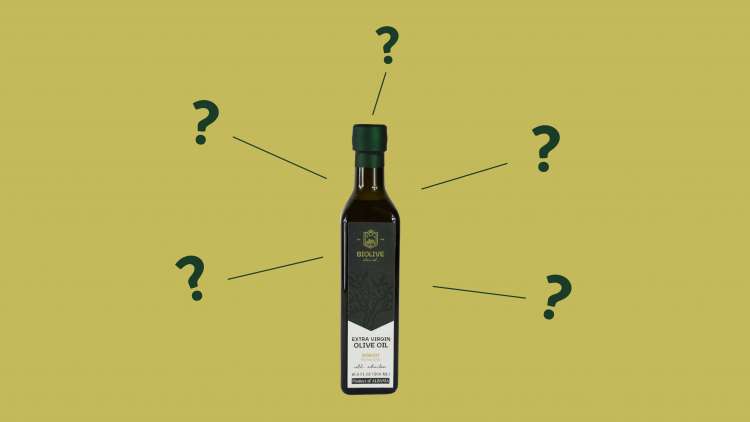In addition to the well-known heart health risks, fast food, junk food, and meat containing trans-fats and saturated fats may also increase the risk of depression, according to a new study from Spanish researchers. On the other hand, consuming olive oil can have a protective effect against depression.
Over the course of six years, researchers at the universities of Navarra and Las Palmas de Gran Canaria analyzed the eating habits and lifestyles of over 12,000 volunteers who initially showed no signs of depression. However, by the end of the study, 657 new cases had been detected, and the researchers found a link between trans-fats and depression risk. Participants who consumed trans fats faced a potentially significant increase of up to 48% in their risk of developing depression compared to those who didn't consume these fats.
The lead author of the study, Almudena Sánchez-Villegas, explained that those who consumed more trans-fats had more harmful effects produced. In contrast, the study also found that consuming polyunsaturated fats, commonly found in fish and vegetable oils, as well as olive oil, was associated with a lower risk of developing depression.
The study, published in the online peer-reviewed journal PLoS ONE, was performed on a population with a low average intake of trans-fats, which made up only 0.4% of the total energy consumed by the volunteers. Despite this, the risk of depression increased by nearly 50%. This suggests that the risk of depression would be much higher in countries such as the United States, where people consume more foods containing trans-fats.
The researchers noted that their findings suggest that diet influences depression and heart disease similarly and that similar biological mechanisms may trigger the diseases. This study adds to a growing body of evidence that suggests consuming healthier fats can help protect against depression, while consuming trans-fats can increase the risk of depression.
Sources: Olive Oil Times, PLoS ONE


